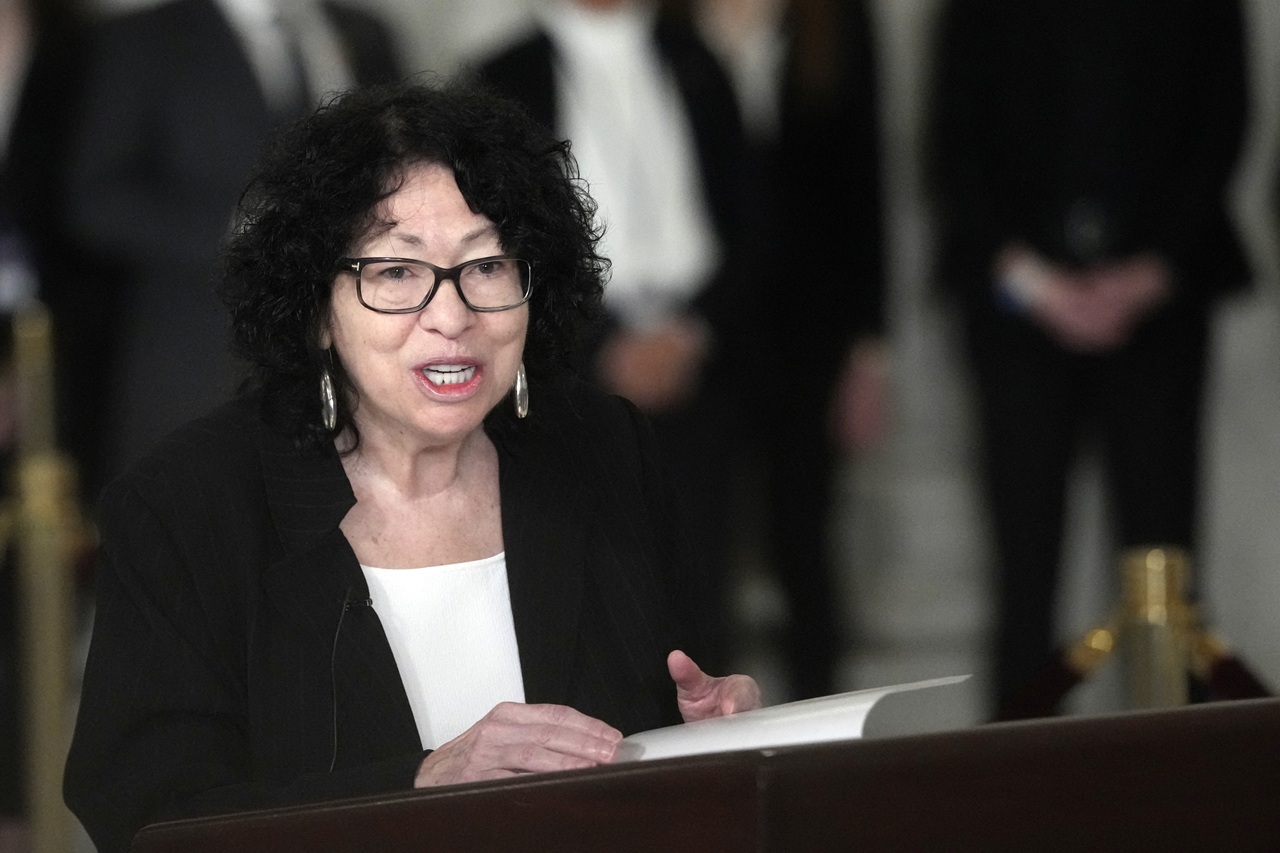
A moratorium on utility shutoffs and service disconnections: PECO expands assistance programs amid coronavirus pandemic
With the crisis likely to continue, utility companies are looking for ways to benefit those who may be impacted by COVID-19.
The ongoing coronavirus pandemic is affecting just about every facet of everyday life.
In reaction to the growing COVID-19 pandemic, PECO and other utility providers have announced that they are suspending service disconnections and waiving new late payment charges through at least May 1, 2020.
“We are committed to helping every customer through difficult times, and we know there will be many challenges associated with this pandemic,” Mike Innocenzo, PECO president & CEO, said in a press release.
Our mission is to keep the lights on & natural gas flowing.
— PECO (@PECOconnect) March 14, 2020
Here’s PECO President & CEO Mike Innocenzo sharing how we plan to do that during the #COVID19 pandemic. pic.twitter.com/KyMu8lJL5c
In addition, PECO will also continue to remind customers of existing bill assistance and energy assistance programs to support them through temporary or extended financial hardship.
To ensure every customer is accounted for, PECO will work closely with customers to help determine their eligibility for assistance programs during this moratorium period. The company offers payment options, like budget billing, which averages payments over a 12-month period to help customers manage their monthly energy bill, as well as flexible payment arrangements that offer individually tailored payment installment plans.
PECO provides the following programs to help customers manage their energy costs and save money:
- Customer Assistance Program (CAP): A program that provides a credit that is based on household income and energy use.
- Low-income Home Energy Assistance Program (LIHEAP): A federal grant program to help low-income customers manage their energy costs and ensure they maintain service during the heating season.
- Matching Energy Assistance Fund (MEAF): A hardship program funded by voluntary contributions of customers, which is matched dollar-for-dollar by PECO for up to $1,000 in total assistance for those who qualify.
- Low Income Usage Reduction Program (LIURP): A program that provides year-round conservation and weatherization assistance for qualified households.
- Customer Assistance and Referral Evaluation Services (CARES): A referral and information service designed to assist customers who have special needs or extenuating circumstances that prevent the payment of their utility bill.
This decision was likely done — at least partly — as a result of Mayor Jim Kenney’s announcement two days after the first COVID-19 case in Philadelphia was confirmed.
On March 12, Philadelphia Mayor Jim Kenney asked City Council for $85 million to go towards coronavirus relief.
That day, Councilmembers Helen Gym and Kendra Brooks introduced a resolution that would put a temporary moratorium on evictions, foreclosures and tax-lien sales — as well as utility shutoffs — in the event that the coronavirus outbreak caused some in the city to lose income, leaving them in a tough spot to keep up with their bills.
RELATED CONTENT
“This resolution is about what it looks like when we come together, instead of pulling apart in a time of fear and uncertainty,” Gym said during a City Council meeting.
PECO is encouraging customers to register for “My Account” at peco.com/myaccount to receive up-to-date information as the city continues to navigate through this pandemic.
Customers who are not eligible for low- and fixed-income assistance, but are having trouble managing their energy costs are also encouraged to look into PECO’s Gift of Energy program, which allows payments to be made towards a friend or family member’s energy bill.
For more information on all of PECO’s programs, click here.
 This article is part of Broke in Philly, a collaborative reporting project among more than 20 news organizations, focused on economic mobility in Philadelphia. Read all of our reporting at brokeinphilly.org.
This article is part of Broke in Philly, a collaborative reporting project among more than 20 news organizations, focused on economic mobility in Philadelphia. Read all of our reporting at brokeinphilly.org.










LEAVE A COMMENT: